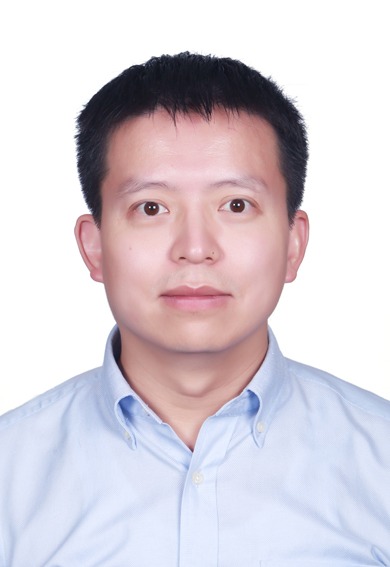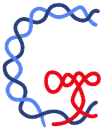
As biology turns increasingly into a data-rich science, the massive amount of data generated by high-throughput technologies present both new opportunities and serious challenges. As a bioinformatician, Dr. Ge Gao is interested in developing innovative bioinformatics technology to analyze, integrate and visualize large-scale biological data effectively and efficiently, with applications to decipher the gene regulatory systems. Drawing on his background in computational sciences, Dr. Gao specializes in large-scale data mining, using a combination of high-performance computing, machine learning/AI, and data visualization.
Since 2011, when he was first recruited as a Principal Investigator (tenure-track) by Peking University, Dr. Gao has developed seventeen innovative bioinformatic tools and databases, and applied them to delineate the regulatory map as well as characterize the functional genome in action globally. More than 1.5 billion hits for these resources, 10,000+ citations for 30+ major peer-reviewed papers from world-wide research community, along with multiple awards received including The Top 10 Bioinformatics Advances in China, ESI Highly Cited (Top 1%) Papers, NeurIPS Oral/Top Papers during past five years well suggest their global significance and impact.
In addition to his role as a bioinformatics researcher, Dr. Gao has also been teaching at PKU. The explosion of biological data has created an unprecedented opportunity for modern life scientists. Training the next-generation of biologists to have the bioinformatics skill set became necessary and critical in any life science curriculum. Since his appointment at Peking University in 2011, Dr. Gao has been teaching three regular courses and three additional module classes every year. In 2013, Dr. Gao created the Massive Open Online Course (MOOC) “Bioinformatics: Introduction and Methods” at Peking University, along with his colleague Dr. Liping Wei (Chinese and English version hosted by Coursera, also see the introductory Website for more details in Chinese). The MOOC was among the first seven MOOCs from mainland China, the second bioinformatics MOOC in the world, and the first Chinese-English bilingual bioinformatics MOOC. With 271,338 registered students from 153 countries/regions (as of August 2023), this MOOC was featured as one of the “Most Popular and Successful MOOCs at Peking University” (2014), and also awarded the first-batch “National High-Quality MOOC” (2017) and “National First-Class Undergraduate Course” (2020). The success of this MOOC also won Dr. Gao the First Prize in Higher Education Achievement of Peking University/Beijing (2013~2017) as well as the Award for Instructor of Outstanding Higher-Education Academic Courses in Beijing (2022).
Dr. Gao is currently a Peking University Boya Distinguished Professor, featured as the Cheung Kong Scholar on Bioinformatics and Biocomputing (2022-), the Highly Cited Researcher by Clarivate (2021-), the Highly Cited Chinese Researcher by Elsevier (2020-), as well as the Top 2% Scientists Worldwide by Stanford University (2022-). He is also serving as a Board Member of the Chinese Society of Biotechnology as well as of the Chinese Society of Bioinformatics.
In the coming years, Dr. Gao’s future scientific pursuit will continue to bridge his profound curiosity in deciphering the “encoded messages” in the genome and his strengths in combining top-down, holistic thinking with advanced bioinformatics technology.
